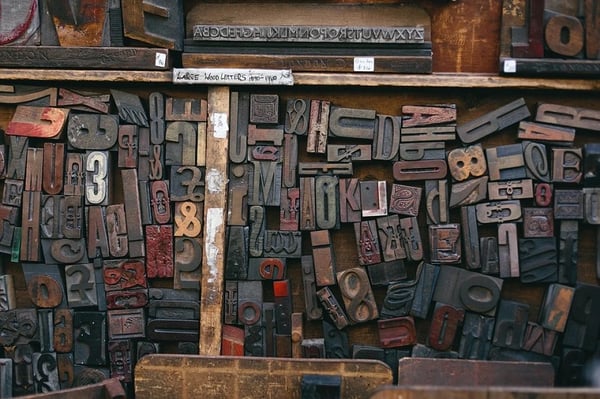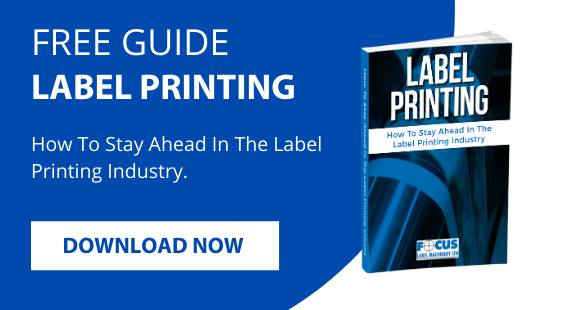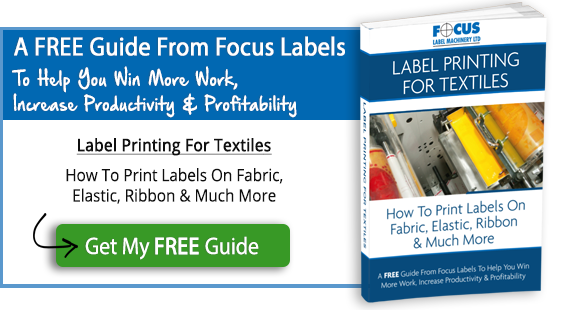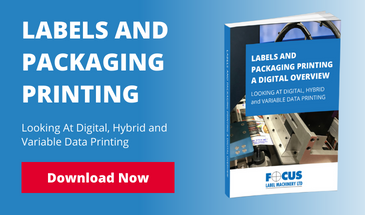
Offset Lithography is a type of printing used with large-scale runs of single items. It uses a computer to plate to roller transfer to create high-quality, repeatable images at high speed. It's been a particular favourite of print businesses for producing detailed illustrations and sharp, faultless type since the nineteenth century.
Lithography is often used to create books, posters and advertisements, comics, magazines, and newspapers to a sharp, high-quality standard.
 Lithographic machine impressions are particularly attractive for bulk printing due to their high durability, low downtime, and effective cost reduction amongst repeat orders.
Lithographic machine impressions are particularly attractive for bulk printing due to their high durability, low downtime, and effective cost reduction amongst repeat orders.
Lithography is also adaptable to non-traditional printing materials such as wood and plastic, ideal for finishing a variety of colourful consumer items.
How does offset lithography work?
Offset lithography differs from moveable and digital typesetting in that it relies on metal etched 'master' impressions to work. Files created or typeset on a computer are transferred to these sheets, which are then inked and 'copied' on to washable, reusable rubber roller cylinders. This is the 'offset' part of the printing process.
The offset image is then run quickly onto a print spool, transferred via a conveyer belt underneath the rollers.
In modern lithography, aluminium sheets are usually etched through CAD-enabled machinery, either using an electromechanical stenciler or an etching laser. If it's monotone black-and-white printing, only one impression is needed. This helps to make lithography a favourite of the newspaper industry, who rely on fast, readable tight-type turnover.
In colour lithographic printing, the digital image is divided into different colour layers for different sheets. Each sheet is pressed onto a different oil-paint coloured roller, forming full colour when the array's offset impressions are put together on the finished product.
The aluminium master copies mean that entire books and back issues can be kept safely on file for reference. They also allow for individual changes to be made quickly and effectively. Lithographic revisions only require one impression sheet to be modified or re-etched.
Lithographic printing from Focus Label
At Focus Label, we specialise in sustainable narrow web printing and rewinding equipment for the international label, packaging and textile printing businesses.
Call, email, or visit our website today to book a production line demo (as soon as lockdown restrictions allow), or get a free quote for a new press.
Image source: Pixabay





